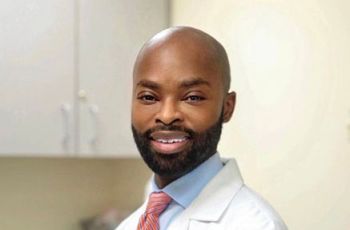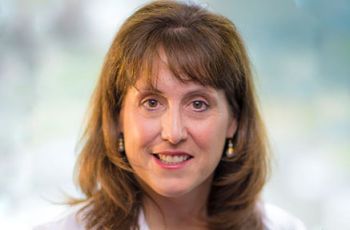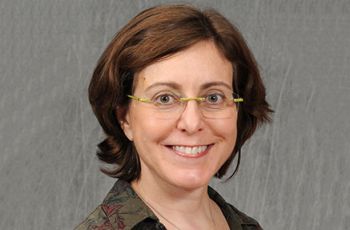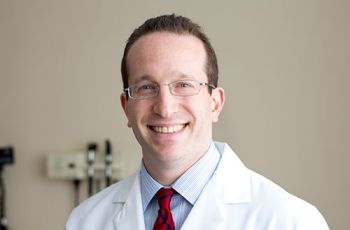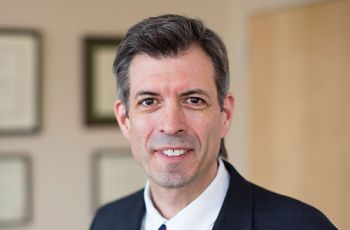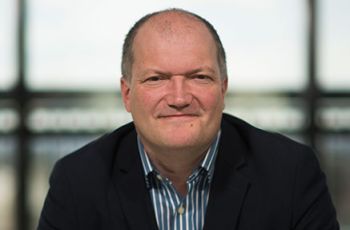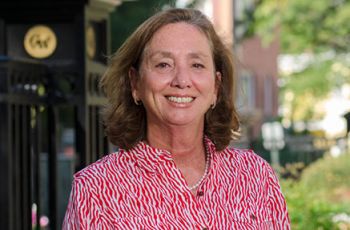Faculty in the Media
Michael Knight, MD, assistant professor of medicine, spoke to WAMU-FM about the impacts of mold on health.
Roberta DeBiasi, MD, professor of pediatrics and of microbiology, immunology, and tropical medicine, co-authored an article for STAT about acute flaccid myelitis, which causes sudden limb weakness and paralysis in children.
Cynthia Tracy, MD, professor of medicine, spoke to Hearst TV for a segment about pacemakers and the potential for hacking these devices. The segment aired on WRTV (Indianapolis, Indiana).
Adam Friedman, MD, professor of dermatology, spoke to Time for an article about why skin is susceptible to acne in the winter and how it can be treated.
Maureen Lyon, PhD, professor of pediatrics, spoke to MD Magazine for an article discussing her recent study on the impacts of advance care planning on HIV symptoms in teens.
Daniel Lieberman, MD, professor of psychiatry and behavioral sciences, spoke to Washingtonian for an article about the anxiety the New York Times election ticker can cause people.
Daniel Lieberman, MD, professor of psychiatry and behavioral sciences, was on Good Morning Washington (ABC7) to discuss the role dopamine plays in politics and to promote his new book, Molecule of More.
Eric Vilain, MD, PhD, chair of the Department of Genomics and Precision Medicine, spoke to Wired for an article about the U.S. Department of Health and Human Services' memo on defining a person's sex under Title IX.
Roberta DeBiasi, MD, professor of pediatrics, spoke with Axios for an article about acute flaccid myelitis, a polio-like illness that has left some children with partial paralysis or muscle weakness.
Lisa Alexander, EdD '03, MPH '89, PA-C '79, professor of physician assistant studies, addressed opioid use disorder at the symposium, titled “Expanding Access to Treatment for Opioid Use Disorder: Provider Perspectives on Reducing Barriers to Evidence-Based Care.” Her comments were reported by the…
